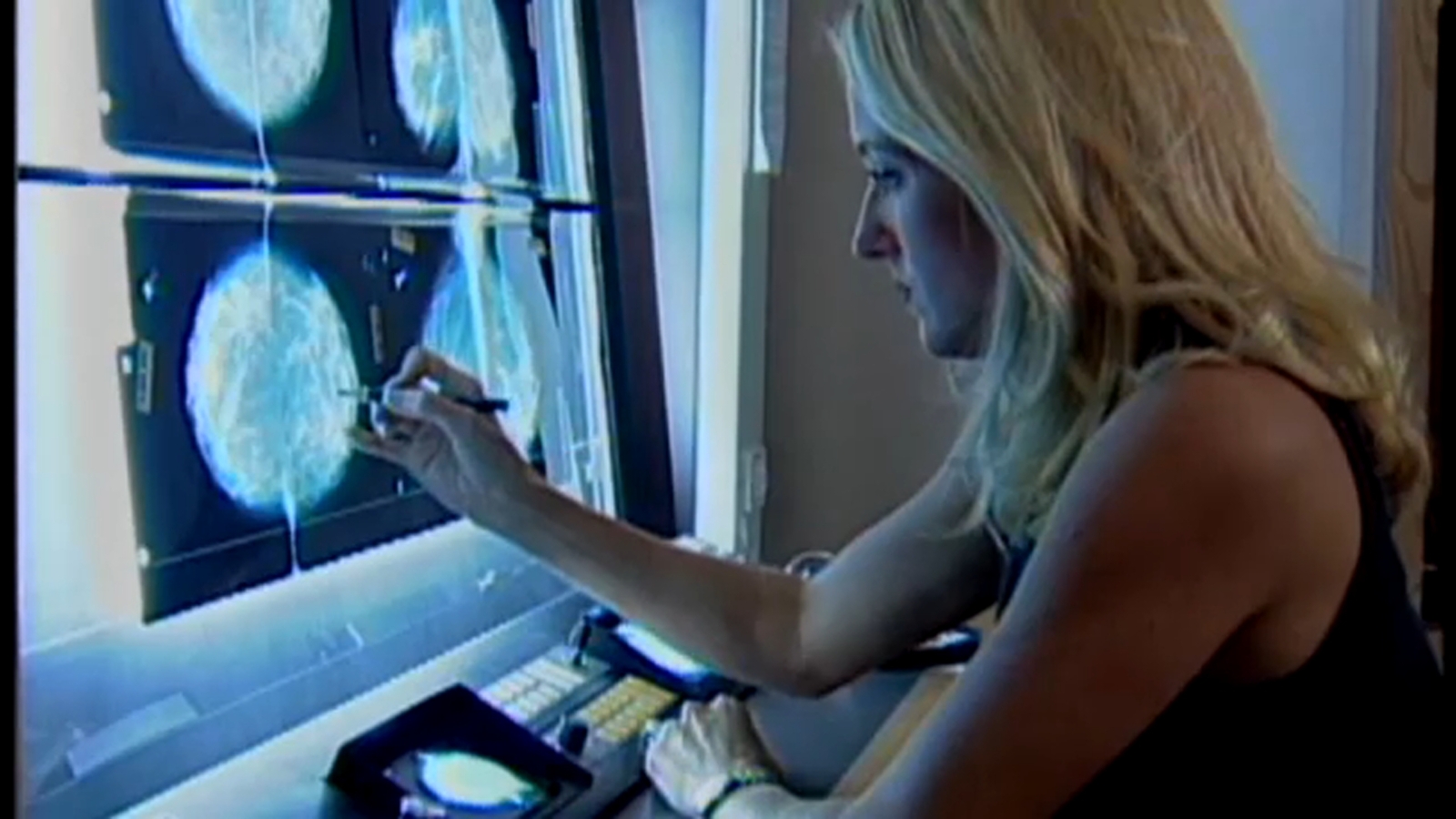
"Breast arterial calcification (BAC) is found in about 12-23% of mammograms and is associated with a 51% increased risk of heart disease and stroke."
"There are currently no guidelines about including breast arterial calcification in mammogram reports, even though it is very obvious to radiologists."
"Doctors at Northwell Health's Katz Institute have initiated a program requiring all mammograms to report signs of BAC to help identify heart disease risks."
"After learning about breast arterial calcification from her mammogram, Katherine Bormann discovered a severely blocked artery during a consultation with a cardiologist."
Mammograms, traditionally used to detect breast cancer, are now being utilized to identify women at risk for heart disease by looking for breast arterial calcification (BAC). This condition, found in 12-23% of mammograms, poses a 51% increased risk of heart disease and stroke. Currently, there are no standard guidelines requiring radiologists to report BAC on mammograms. However, initiatives are emerging, particularly at Northwell Health, to change this practice by encouraging the inclusion of BAC findings and advising women on heart health risks.
Read at ABC7 Los Angeles
Unable to calculate read time
Collection
[
|
...
]